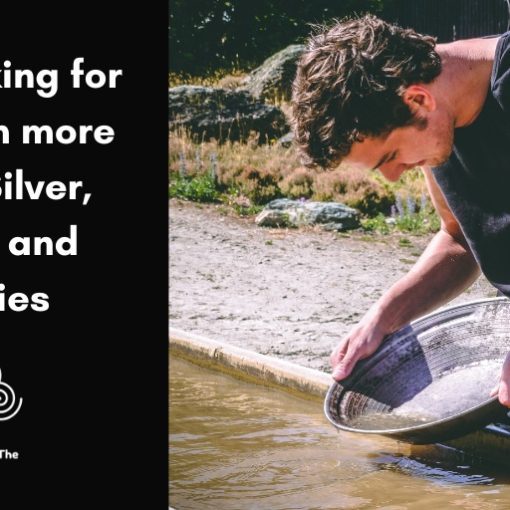Step 11 in the 12 Step Recovery tradition brings some challenges.
For many people who try to follow the 12 Steps, Step 11 is a step they either love or hate:
“Sought through prayer and meditation to improve our conscious contact with God, as we understand God, praying only for knowledge of God’s will for us and the power to carry that out.”
Perhaps “hate” is a particularly strong word; yet some followers of the Recovery program have some difficulty getting in touch with the spiritual side of Recovery.
This can be because of all kinds of things.
Among these may be:
- bad or hurtful experiences with religious figures or in religious houses of worship
- negative relationships with authority figures
- growing up in families with substance abuse or mental illness.
Regardless of why a person is having difficulty getting in touch with a Higher Power, or God as each individual understands God, the spiritual side of Recovery can be foundational to a successful program.
This is brought out time and again by anecdotal examples, as related in leads, comments, and even articles written by people in recovery.
For those with a basic Christian understanding of God, many resources abound to aid in getting in touch with God/Higher Power.
We can look back to the beginning of the Recovery movement, at the early days of Alcoholics Anonymous in the late 1930’s. This was before the Big Book of Alcoholics Anonymous was written, when one drunk would talk to another drunk in hopes of helping each other to stay sober, one day at a time. (Hey, it still works like this!) But in the early days, before any helpful literature was written, many members of AA found comfort, strength and hope in the writings of religious literature—and especially in the Bible.
Groups of people in recovery are still finding comfort, strength and hope in the Bible, as well as in the practices of the Christian tradition.
Bill W. was Episcopalian and the 12 Steps are a repackaging of the ancient Catholic sacrament of Reconciliation of a Penitent.
Recently, a number of Protestant churches in the United States are starting Communion services (in some denominations, Eucharist services) specifically for people who identify as followers of the 12 Step Recovery tradition.
This can be for people who identify as members of such diverse groups as AA, NA, CA, SAA, OA, GA, and their associated Al Anon family groups. Anyone in recovery is welcome.
These monthly non-denominational services are offered in the hope of providing encouragement, strength, hope and comfort to all of those with a basic Christian understanding of God as each one understands God.
At the end of the day, the important part of a Recovery program is staying clean or sober or abstinent or however you identify it—one day at a time.
And, keep coming back.
Rev. Elizabeth Jones
Elizabeth is currently a pastor at St. Luke’s Christian Community Church in Morton Grove, Illinois. She provides spiritual nurture and pastoral care to those in recovery and their loved ones.
Follow her on Twitter @chaplaineliza






4 thoughts on “Step 11 Is A Step You May Either Love Or Hate”
Thanks for reposting, Barry! This is important information for many people who are struggling with the concept of spirituality in their program of Recovery. (Whatever they may be trying to recover from–staying clean, sober, abstinent, however people identify.)
I always hope to share experience, strength and hope with others. I continue to provide encouragement and support, now with the Recovery Communion service on the 4th Saturday night in the month at St. Luke’s Church in the Chicago suburbs. Thanks for doing your part to encourage people in recovery, Barry. @chaplaineliza
Thanks Elizabeth, looking forward to hearing more about the Recovery service.
Hello, Barry.
Thanks for retweeting the link to this post.
I’m continuing a Coffeehouse at St. Luke’s Church on the 1st and 3rd Saturday night of every month! (7 pm to 10 pm) Everyone is welcome, and I am advertising it especially for people in recovery. People in recovery need friendly places to go where they feel comfortable with friends and relatives who are not in recovery. I try to make the Coffeehouse a comfortable place, with free coffee and free tea! (Pastries and fruit available for freewill donation, too.) My wonderful acoustic guitar-playing friend Larry is almost always there, too. Always an opportunity for fellowship.
That sounds excellent Elizabeth. Well done